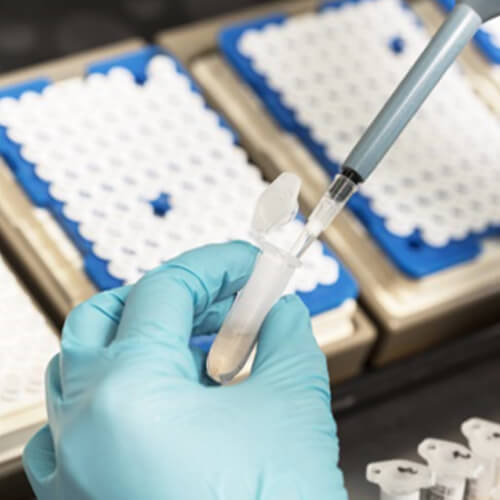- Home
- COVID-19
-
Services
- Peptide Analysis Services
-
Peptide Modification Services
- PNA Backbone Modification
- PNA Nucleobase Modification
- Custom Conjugation Service
- Peptide N-Terminal Modification
- Peptide C-Terminal Modification
- Biotinylated Peptides
- Peptide PEGylation
- Fluorescence and Dye Labeling Peptides
- Post-translational Modification
- Custom Labeling
- Peptide Tags
- Unusual and Non-natural Amino Acids Modification
- Peptide Lipidation
- Cyclic Peptides Synthesis
- Peptide Synthesis Services
- Pharmaceutical Peptides Services
- GMP Service
- Creative Peptides Design Platform
- IntraCellular Delivery System(ICDS™)
- Protein Glycosylation
- cGMP Peptide Service
- Peptide CDMO
- Products
- Research Areas
- Company
- Resources
- Ordering

